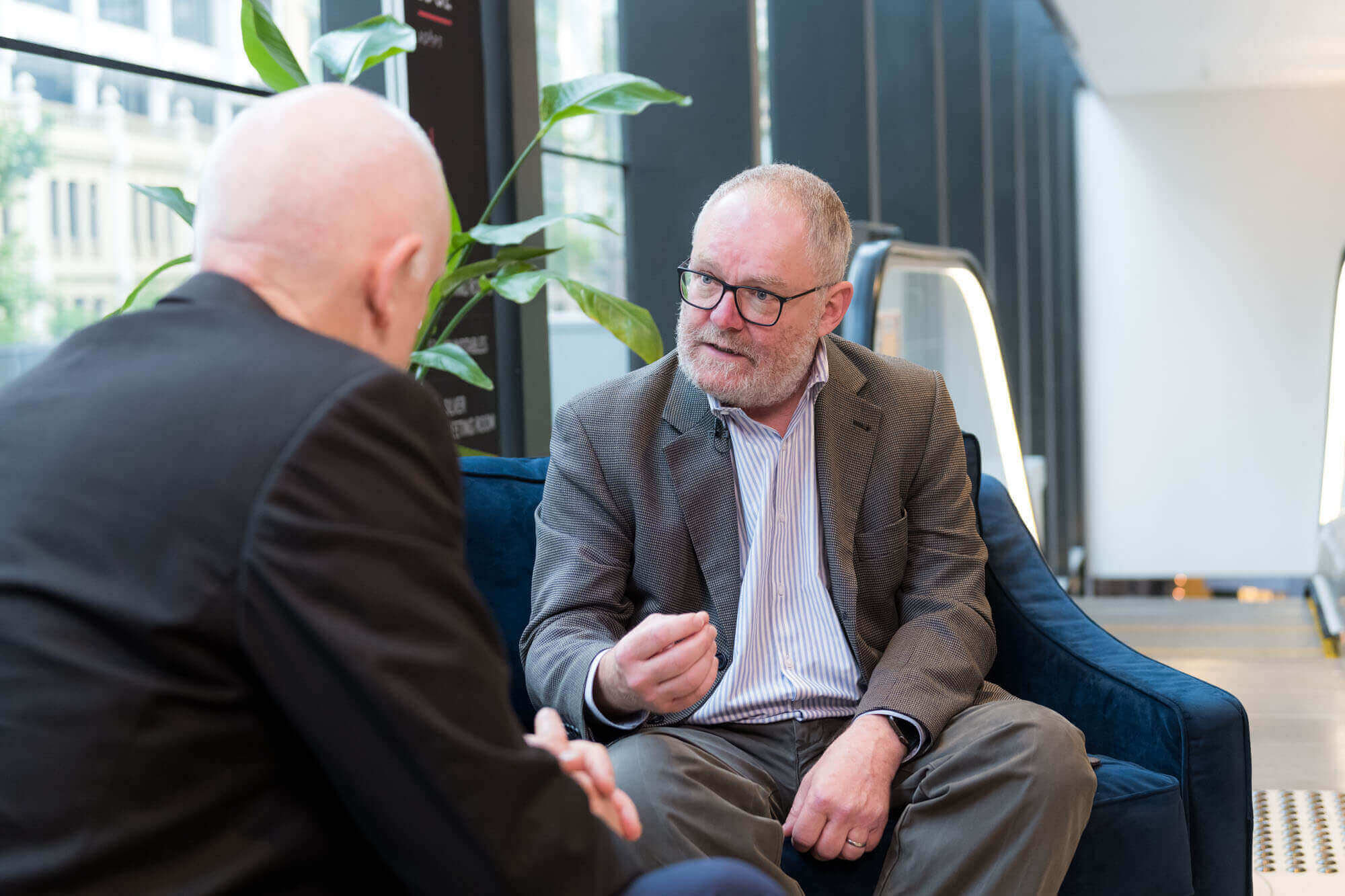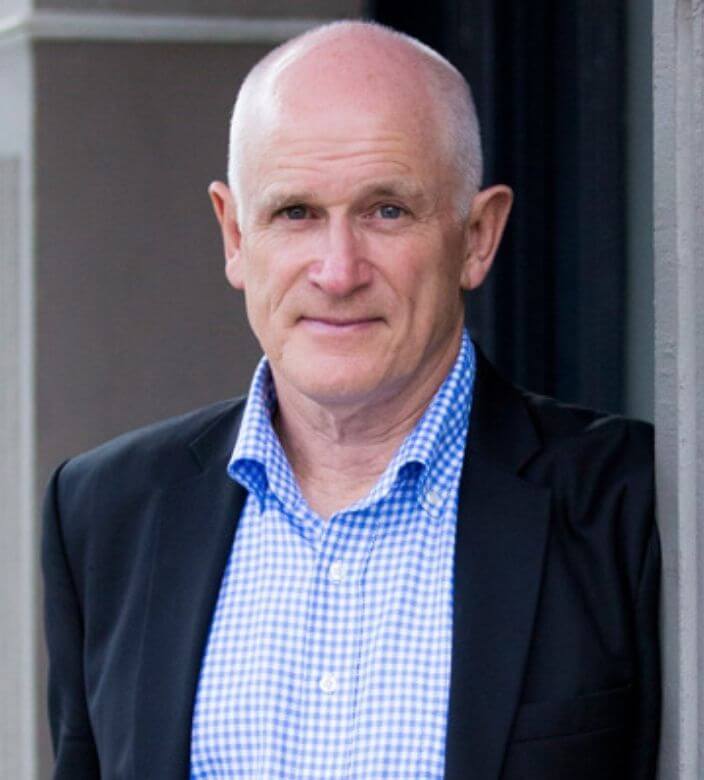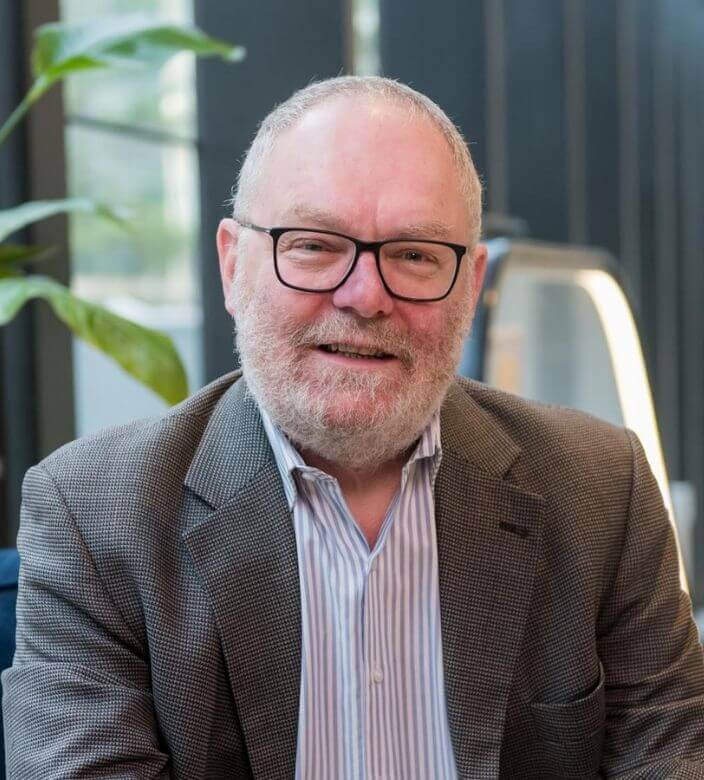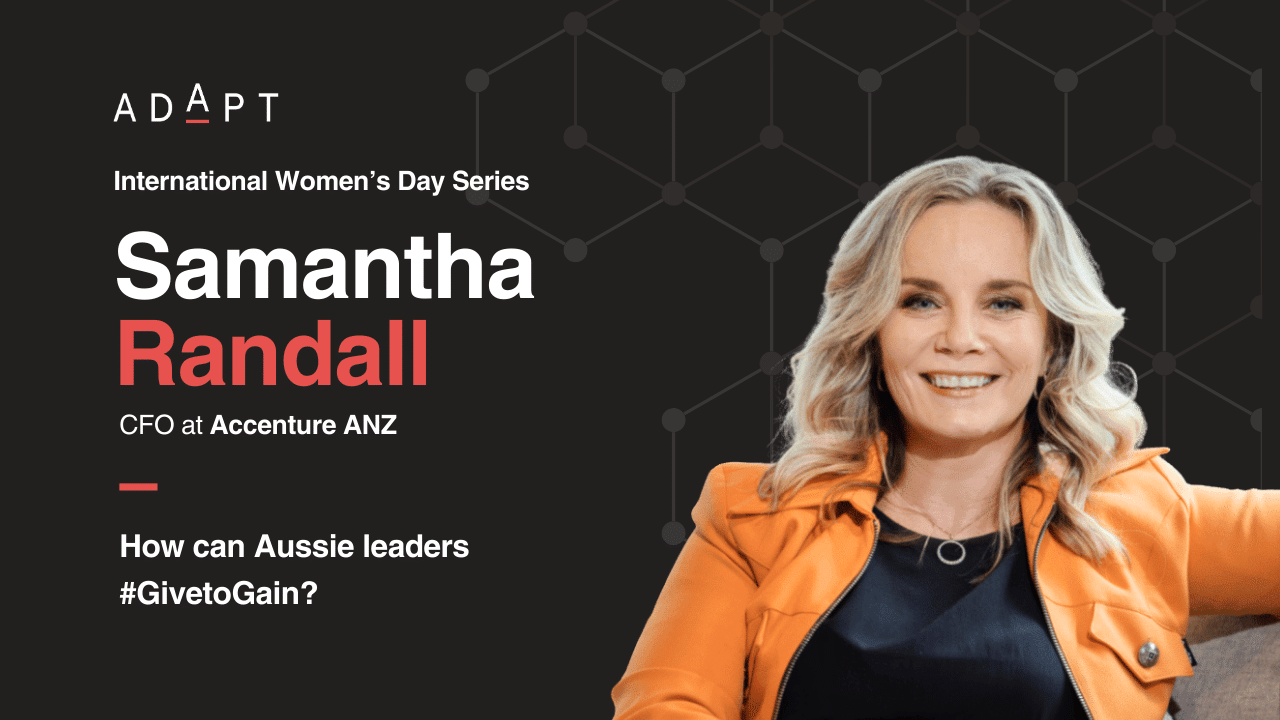At ADAPT’s CIO Edge event, NSW Department of Customer Service’s Executive Director, Simon Geraghty, shares his experience of protecting the mental health of employees, avoiding burnout and fostering remote productivity and collaboration.
One of Simon’s greatest benefits harnessed as the organisation shifted from traditional, in-office management styles to outcome-based management philosophy was empowering employees to autonomously deliver outcomes whilst maintaining their mental health and time spent with family.
Peter Hind:
Simon, the world has changed since we last met eight months ago. You work in customer service for the New South Wales government. Can you tell us a little more about that job, the role, what’s involved in it?
Simon Geraghty:
My role specifically in customer service is delivering government technology platforms, the government data centres, the government licensing service, which is a key back into Service NSW, which, of course, is the citizen-facing part of customer service and also the payment platform and the contacts in it.
Peter Hind:
Over the last eight months, during the long term, there’s been increasing reliance on governments to get us through the stresses and strains of the world we live in.
Could you tell me how your workload changed because of COVID?
Simon Geraghty:
Interestingly, the workload ramped up, and across the department in particular with Service NSW, the workload has really escalated. To give you an example, when the Premier announced the border closures with Victoria, I think she did that on a Thursday or Friday, and they were due to come into place on Monday.
Service NSW and Spatial Services who do all the geographic stuff in New South Wales Government had a weekend to stand up a portal so that people in the border communities could apply to transfer back and forth across the border or Albury Wodonga, all those sorts of examples.
Spatial Services had just the weekend to figure out which were the border communities, who are in the border communities. To be able to do that in two days is just amazing.”
Peter Hind:
Well, I imagine frightening, really, because all the press profile is going to be on, if this doesn’t work, if there’s a problem with that system, it’s going to come back to you to try and fix it. Absolutely.
Simon Geraghty:
Well, me and a bunch of others to fix it. It’s not just me. Service NSW has really been at the forefront of how the government has responded to the citizens, both in terms of border closures, but also grants following the bushfires and all of those sorts of things.
Peter Hind:
But I think that the border closure came in early July, three or four months into the lockdown and people are harassed and harangued and stressed. Now you’re saying you’ve got to give up a weekend and actually work nonstop and getting this going.
How did you avoid burnout among your team in such online demand?
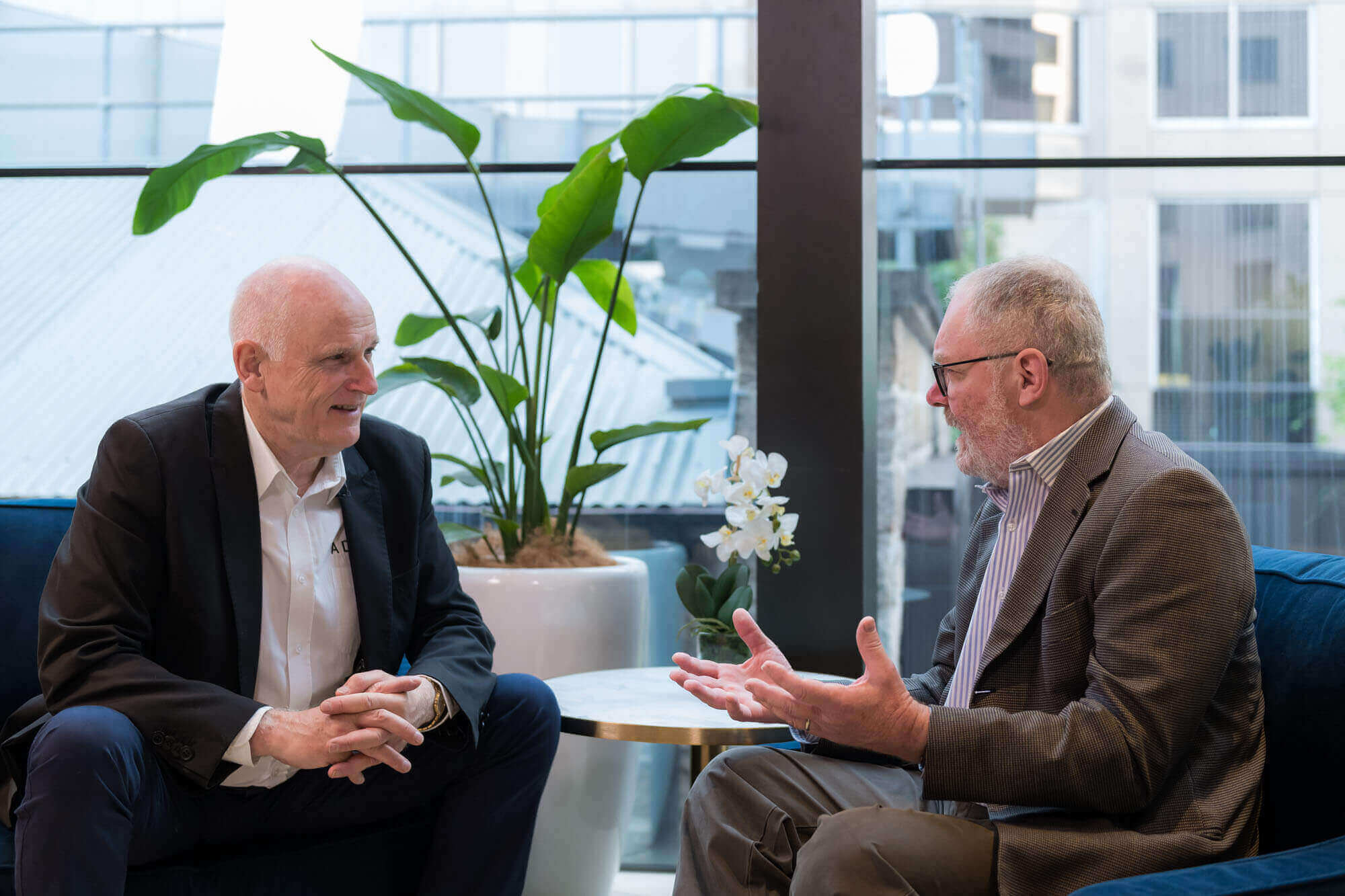
Simon Geraghty:
Well, that’s been very difficult.
It’s true to say that we’ve had to very carefully manage the teams to make sure that they’re not burning out as individuals or as teams, but also to run mental health programs within the department to make sure that people’s mental health, working from home, sometimes in isolation because they live alone, are catered for, and they’ve got an opportunity to access various resources, both, on the Intranet and also employee assistance programs.
Peter Hind:
Simon, where does the responsibility for mental wellbeing lie? Is this an HR issue?
Simon Geraghty:
No, it’s not an HR issue. It comes down to individual managers and of course, the whole executive from the secretary down and even the Premier down.
What I’ve done in my team is I run a quarantining every Friday afternoon at three o’clock. “
Now, this is a virtual meeting. We have 90 or 100 people in the virtual meeting. I give an update around, you know, the COVID status in the department where we’re up to around planning for returning to work, what the arrangements might be. Then we share stories, share our successes of a week. We do award ceremonies virtually now.
Then at the end of each of these quarantining at the end of the week. I say, “Everyone, tools down—no working on the weekend. Spend time with your families. Get out if you can. See you back bright and early on Monday.”
Peter Hind:
But one thing you spoke to me about before was the importance of the KPIs that people have in terms of service delivery and standards.
Those sorts of things are equally valid, even when people are working remotely because they give people clarity.
Could you explain that?
Simon Geraghty:
We’ve kind of focused on outcomes.
We want to make sure that everyone understands what the outcome is that they’re required to deliver.”
If they want to work flexibly, work during the evening instead of the day because they’re picking up kids from school. We’re quite happy with them doing that because we’re focused on delivering the outcomes for our customers.
Peter Hind:
Ok, now one of the things that people are talking about is the new normal. We’re not going back to the old ways of doing things.
What do you see as envisaged being the new normal?
Simon Geraghty:
Well, 5% of my workforce want to go back to the office.”
Peter Hind:
Why is that, because of the long commute?
Simon Geraghty:
It’s the long commutes. Some people want to move to the country. One person has already done it.
The teams have just adapted, and productivity lifted as we’ve seen in many organisations. The quality of our delivery improved. We have fewer defects in our releases. We can deliver faster because we’ve become more agile.”
It’s interesting when we talk about what the new normal will be. People don’t like spending two hours a day on a commute. They’d rather use the time to work, frankly.
We’ll see a new normal of maybe two days, three days in the office, but not every week.
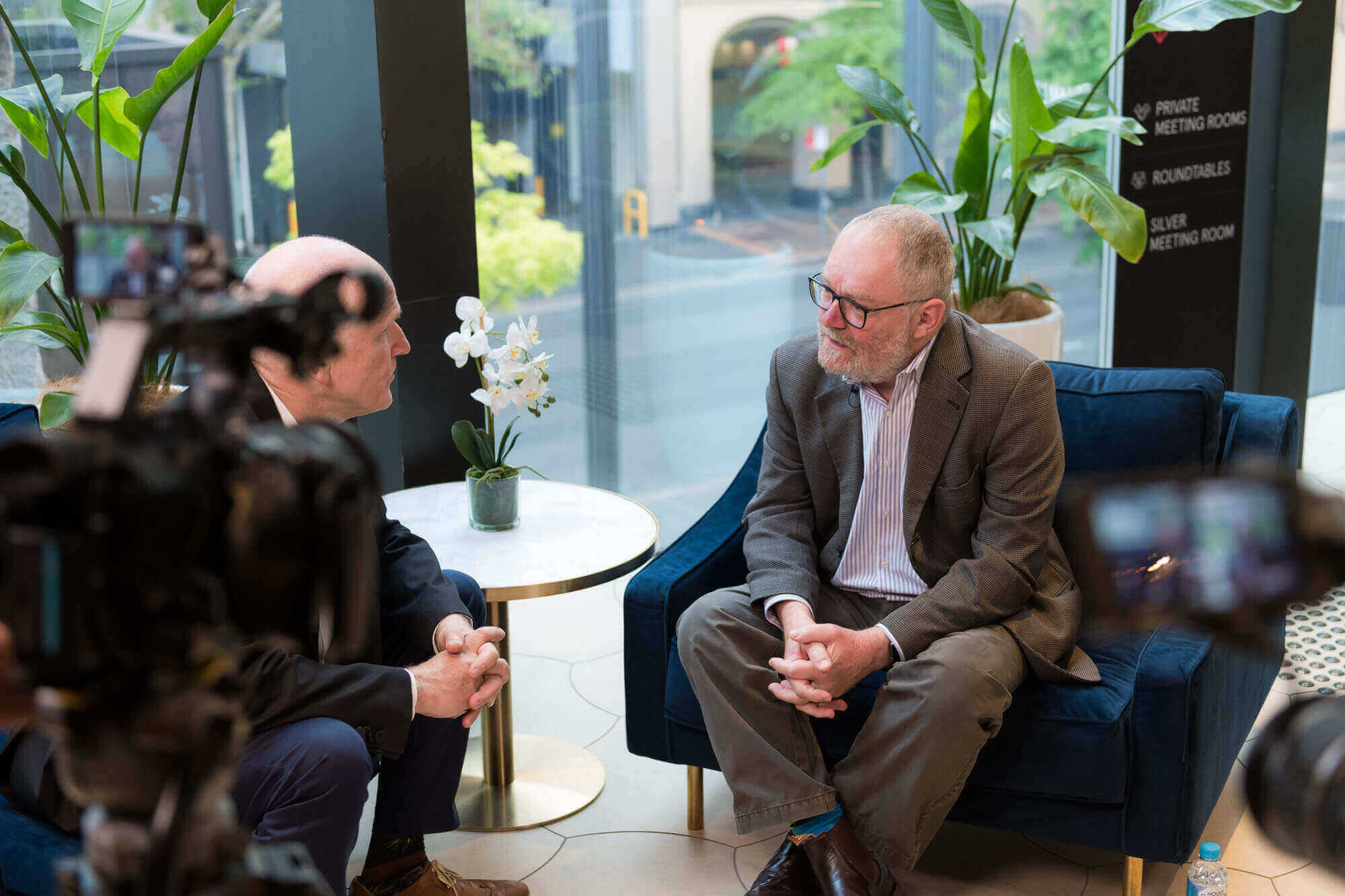
Peter Hind:
All right. I’m interesting you’re saying that productivity actually can go up in an environment. Is that because people aren’t focused on office politics, they’ve got a task to do and they just do the task?
Simon Geraghty:
Well, we’ve talked about this a lot. Is it because people aren’t wandering out and going across the road for a cup of coffee and losing time that way?
Is it because they’re not standing around in the kitchen on our floor having a bit of a chat? Is it because they’re spending too much time at lunchtime?
We don’t know.
But I think what we’ve noticed is we’ve still got strong engagement over the last couple of months.
We’ve seen that engagement dropped by about five points, but we’ve still got very strong engagement. Productivity has been maintained at that high level. Quality has been maintained and teams really like working virtually.”
Peter Hind:
OK, but they talk about the value of water cooler conversations, that ad-hoc, impromptu dialogue that comes and you learn and get a lot out of that. Do you miss that?
Simon Geraghty:
I think, yes, people have said that they miss the face-to-face conversations.
But what I’ve noticed is that they’re working differently.
It’s not the formal meeting, as many formal meetings virtually that they used to have when they’re in the office. There’s more ad hoc virtual meetings and lots more phone calls.”
I’m not really a phone person, but since this thing started, I have been on my phone constantly. It’s really been a profound change personally, but also for the teams in terms of the way they work.
Peter Hind:
Well, we all grow through those experiences.
 Watch Now
07:46
Watch Now
07:46





















